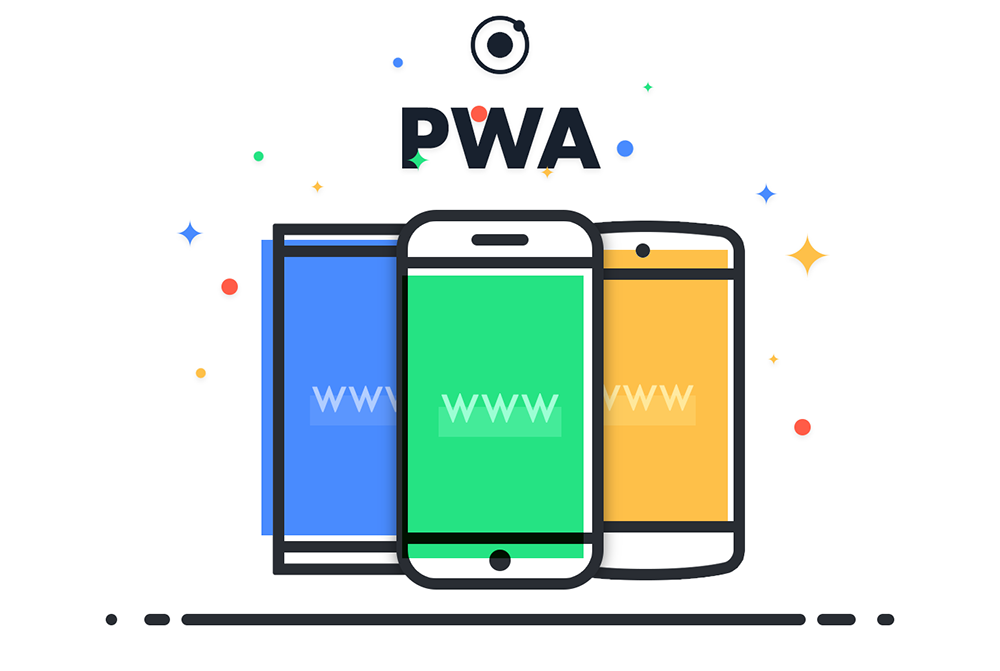PWA, normal web apps and AMP… and should you convert your website to a progressive web app (and how)?
What is the difference between a PWA and a normal web app?
PWA’s are web apps that are designed to be “progressive.” This means that they are meant to work well on a variety of devices and platforms, including older browsers. They also tend to use less data and load faster than traditional web apps. Finally, PWA’s can be “installed” on a user’s device, just like a native app, for even better performance.’

Which is the major difference between PWA and AMP?
There are a few key differences between PWA and AMP. The first is that PWA is more broadly supported, as it works on any device with a web browser. AMP is limited to devices that support Accelerated Mobile Pages.
Another key difference is that PWA uses standard web technologies like HTML, CSS, and JavaScript, while AMP relies on proprietary technology. This can make it difficult for publishers to create content in AMP format.
Finally, PWA is more responsive and interactive than AMP. For example, PWA can use features like Manchester geolocation and push notifications, which are not available in AMP.
In conclusion, PWA is a more comprehensive solution for creating mobile-friendly content. AMP is a good option if you need to create content quickly and don’t mind the limitations.
Why is Angular better for web development?
There are many reasons why Angular is better for web development than other frameworks. First, Angular is a complete framework, meaning that it includes all the tools necessary to build a website or application. Other frameworks may require additional libraries or tools to be used. Second, Angular offers two-way data binding, which means that changes made in the user interface will automatically be reflected in the underlying data model, and vice versa. This makes it much easier to keep track of changes and ensure that data is always up-to-date. Finally, Angular’s use of directives makes it easy to create reusable components that can be used throughout an application. This helps to keep code DRY (Don’t Repeat Yourself) and makes it easier to maintain and update an application. Overall, these factors make Angular a great choice for web development projects for Manchester based businesses.
Why should I convert sites to progressive web apps?
One of the main benefits of progressive web apps is that they offer a user experience that is very similar to that of a native app. In addition, progressive web apps are typically more responsive and fast, making them ideal for users who are looking for a smooth and uninterrupted browsing experience. Additionally, because progressive web apps are built using standard web technologies, they are generally much easier to develop and deploy than native apps. Finally, progressive web apps can be installed on any device, including smartphones, tablets, and laptops, making them extremely convenient for users.
How do I convert websites to apps?
If you want to convert a website into an app, there are a few different ways you can do it. One way is to use a service like PhoneGap or Appcelerator Titanium. These services will allow you to create an app using HTML, CSS, and JavaScript, which means you can basically create a mobile version of your website. Another way is to use a tool like Sencha Touch or jQuery Mobile. These tools allow you to create apps using HTML5 and JavaScript, which gives you more control over the look and feel of your app. Finally, if you have some coding experience, you can also create an app using native code. This approach gives you the most control over the final product, but it also takes the most time and effort. Whichever approach you choose, make sure you test your app on a variety of devices to ensure that it looks and behaves the way you want it to, contact Manchester Apps and we can help you convert your website to a progressive web app.

